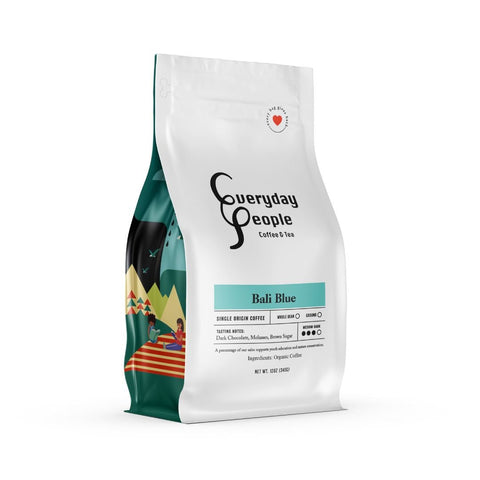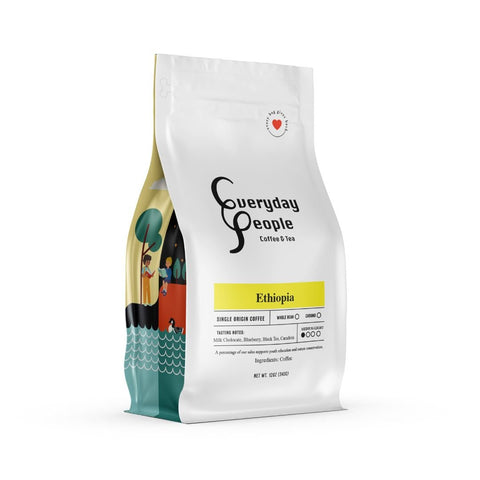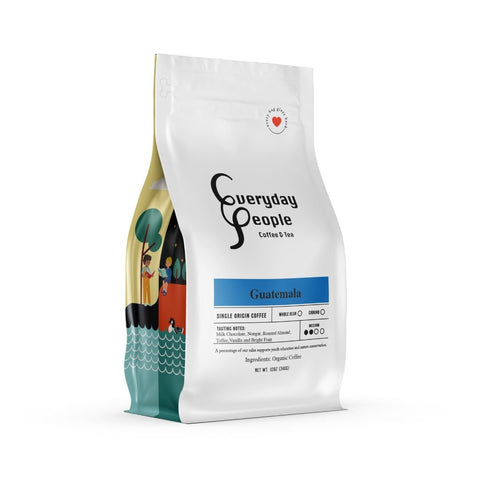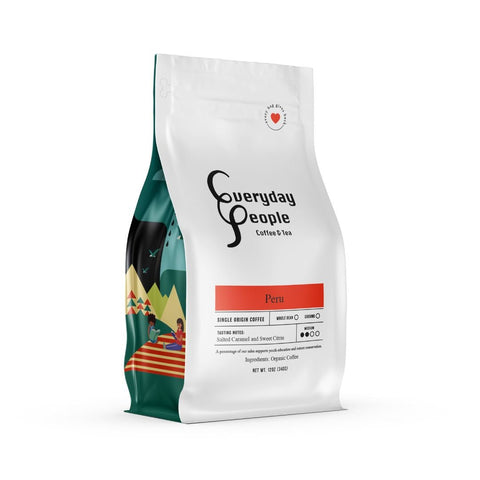Indonesia
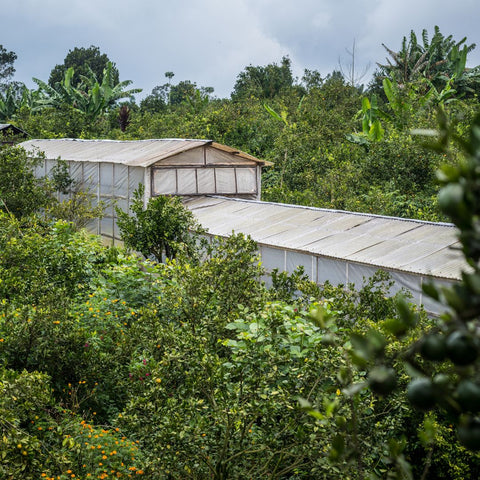
Bali Blue Moon is a distinguished coffee variety, named for the unique bluish tint of its beans, a result of the Giling Basah wet-hulling process used in Indonesia.
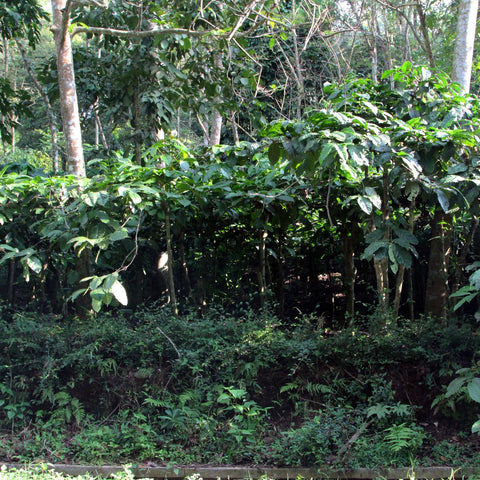
Details
Roast Level: Medium- Dark Roast
Tasting Notes: Dark Chocolate, Molasses, Brown Sugar
Process: Hand picked, wet-hulled and 2-step drying on raised beds.
Region: Kintamani Highlands of Bali, Indonesia
Grower: Smallholder farmers from Kintamani Highlands
Altitude:1200 - 1600M
Varietals:Bourbon( S795 & USDA 762) Typica, Catimor
Certifications: Organic
Pouches: 7 pouches per box
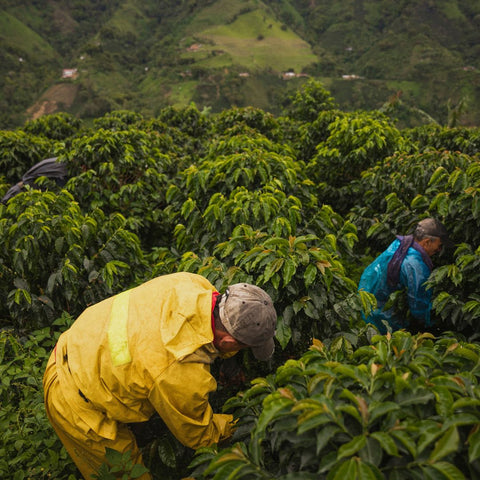
Smallholder farmers from Kintamani Highlands
- Most of Bali's coffee is produced by small family-owned farms, where farmers cultivate coffee alongside citrus trees in the fertile volcanic soils of Mount Agung’s Kintamani highlands. These farmers meticulously sort their harvested coffee cherries before depulping and fermenting them overnight using their own micro-mills.
- The beans are then washed and spread out on patios to remove excess moisture.
- Unlike conventional methods, the wet-hulling process in Bali involves removing the parchment from the coffee while it still has a high moisture content, exposing the beans to drying on patios until they reach a suitable moisture level for export, which gives them their distinctive bluish color.
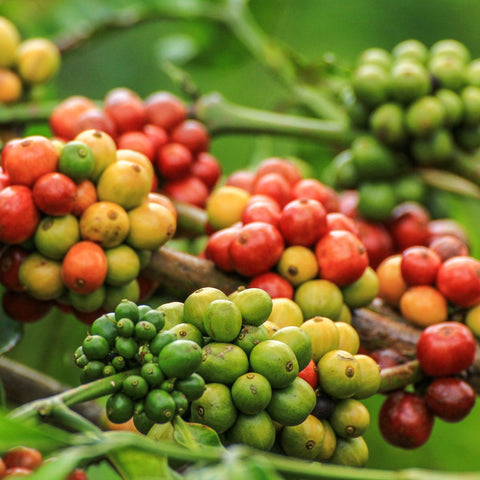
- Balinese coffee producers preserve a traditional rural lifestyle centered around the Subak Abian, an ancient, ecologically sustainable irrigation system developed over a millennium ago by Hindu priests practicing Tri Hita Karana. This philosophy emphasizes harmony between the environment, humans, and God, leading to coffee cultivation practices that avoid pesticides and synthetic fertilizers.
- In recent years, local producer groups have partnered with regional exporters like Indokom to achieve organic and Rainforest Alliance certifications, which align with their traditional conservation principles. Indokom assists producers in overcoming logistical challenges such as rugged terrain and infrastructure deficits by providing logistics and milling facilities.
- This collaboration enhances traceability and quality control throughout the post-harvest process, enabling faster access to international markets and ensuring higher earnings for producers through direct trade relationships.

